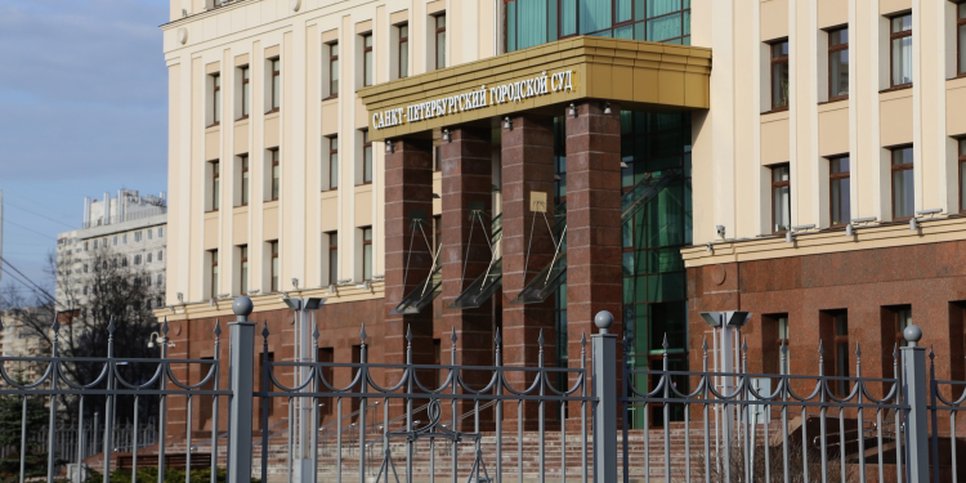The Court of Appeal legalized the seizure of property in the village of Solnechnoye, St. Petersburg
St. PetersburgA real estate complex worth about 2 billion rubles will be seized from a foreign organization, the Pennsylvania Watch Tower Bible and Tract Society. On May 3, 2018, the St. Petersburg City Court upheld the decision of the lower court. The decision takes effect immediately.
"The inviolability of private property is considered the basis for confidence in the future," says Yaroslav Sivulsky of the European Association of Jehovah's Witnesses.
What steps preceded this seizure of property? 1) Without any convincing argumentation , the courts recognized a number of publications of Jehovah's Witnesses as "extremist". 2) In 2017, after an epidemic of planting "extremist" materials in worship buildings, the Supreme Court of the Russian Federation recognized all 396 organizations of Jehovah's Witnesses registered in Russia as extremist and liquidated them. (3) The lower court, on the basis of this decision, decided to transfer this property to the ownership of the state, since until 2000 it belonged to one of the liquidated organizations. To that end, the court declared the 17-year-old deal to transfer it to the Watch Tower Society null and void.
It is noteworthy that on April 20, 2016, more than a year before the claim of the Ministry of Justice on the liquidation of the Administrative Center of Jehovah's Witnesses, an intriguing entry appeared in the "Unified State Register of Real Estate Rights" (EGRP) relating to this liturgical complex: "A decision has been made to seize the property for state or municipal needs." Rosreestr explained this record to believers as a "technical error."
Such a large-scale seizure of property in Russia, which was used for religious purposes, is comparable only with the decree of the Council of People's Commissars "On the separation of Church and State" of 1918, by which religious organizations were deprived of property. However, unlike the events of 100 years ago, the buildings of Jehovah's Witnesses were purchased and built without state support, solely on voluntary donations and by the believers themselves.
All options for further appealing this decision, both nationally and internationally, will be considered by the Watch Tower Society after reviewing the full text of the appellate ruling. In addition, the European Court of Human Rights is considering as a matter of priority the complaint "Administrative Center of Jehovah's Witnesses in Russia and Kalin v. Russian Federation", filed in connection with the decision of the Supreme Court of the Russian Federation, which, in turn, served as the basis for today's decision.
